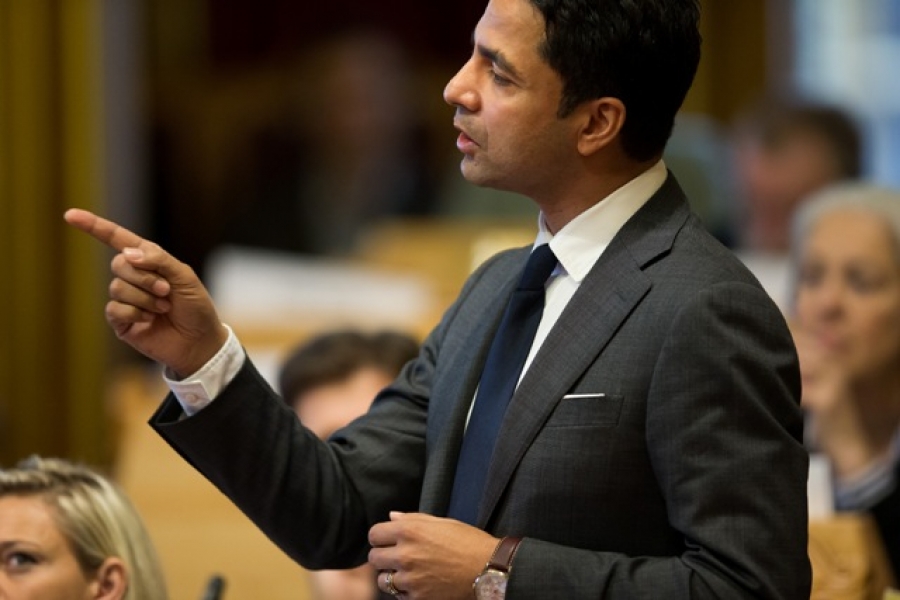"The environment and the fight against human trafficking have held important places in what we do for quite a few years now," said Berth Sundström, Director of the Nordic Council of Ministers' Office in Estonia. "Next year we'll be carrying on with our large-scale Nordic-Baltic project fighting human trafficking, which focusses on both recruitment and conveyance, as well as social consequences and legal matters. In terms of environmental issues we'll be concentrating in the short term on the bioeconomy and energy in particular."
Other key areas for the Estonian office remain migration, population change, the creative industries, sustainable development and culture.
Sareen remarked at the session in Oslo that relations between the Council of Ministers and the three Baltic States have a central place in the joint international cooperation of the Nordic countries. "They're based on shared interests and values like human rights, tolerance, equality and good governance," he said.
The joint priorities and values of the Nordic Council of Ministers, i.e. those of the Nordic governments, are championed in Estonia, Latvia and Lithuania by the council's representative offices, which launch projects and thereby support the development of the Baltic Sea region as a whole.
There has been significant progress in cooperation between the Nordic Council and the Baltic States in recent years, with both sides becoming ever more equal partners in the process. This is reflected – and is likely to be so even more clearly in future – in the financing of joint projects.
Although there is no timeframe for the new directions of cooperation, they will be assessed by the end of 2016 at the latest.

